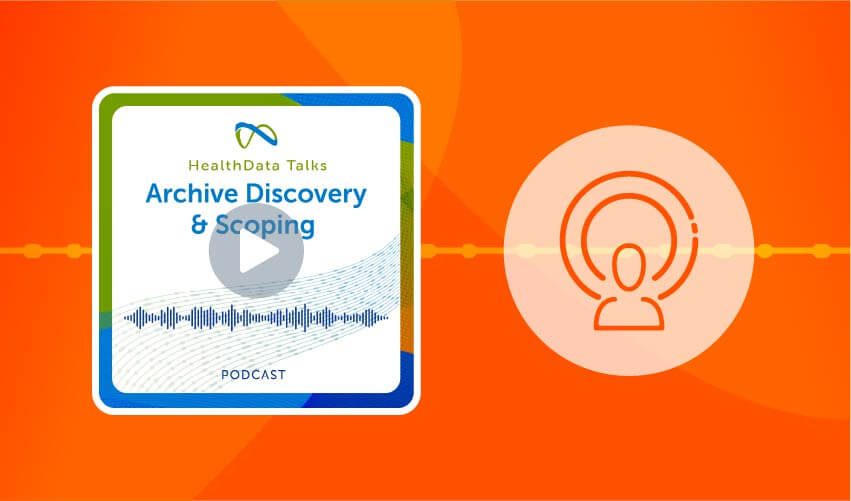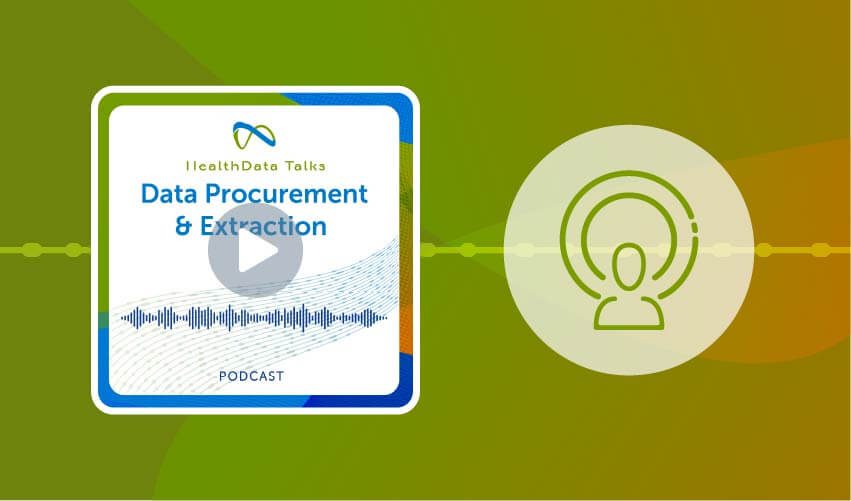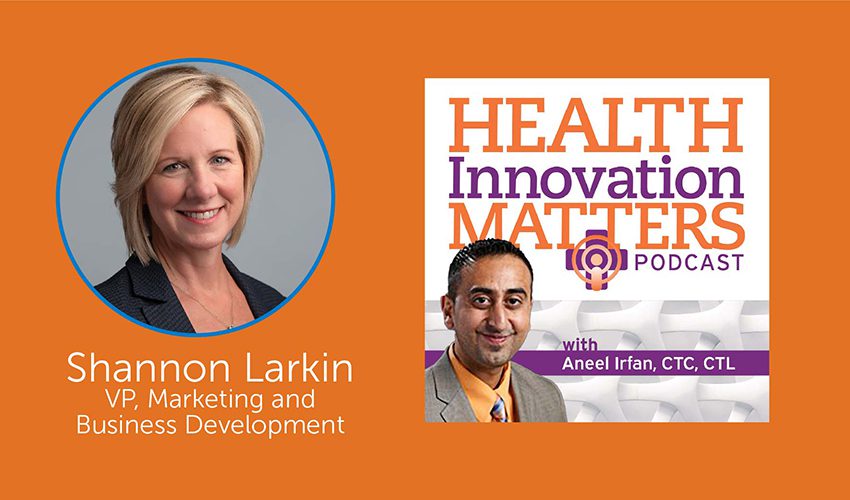HealthData Talks: Applying AI to Health Data
In this episode, Shannon Larkin and Amanda Mais of Harmony Healthcare IT cover how the Harmony team is leveraging artificial intelligence (AI) and machine-learning (ML) to advance health data.
Subscribe
Don’t forget to subscribe to the HealthData Talks Podcast on Spotify, Amazon Music, Apple Podcasts, and more.
(0: 14) The episode kicks off with Shannon Larkin introducing Amanda Mais, Senior Director of Data Integration at Harmony. Mais gives a brief overview of the three teams she manages in Harmony’s Data Integration Department and their responsibilities.
(2:20) AI is broadly covered by Larkin. The conversation then transitions over to Mais who explains how her team is utilizing AI along with ML in their data management work. Mais covers clinical examples of how AI and machine learning are being used to drive automation and efficiencies in health data.
(4:38) Larkin ties AI into initiatives Mais is driving so AI can help her team. Mais explains how her team has developed algorithms that assist in locating relevant data elements in unknown data structures, as well as suggesting potential relationships between tables inside the databases.
(5:34) Next, Mais covers the steps involved when her team is tasked with implementing and training a machine learning algorithm. Data must be properly set up to identify data from complex data sets that are consistent from one application to the other. Then comes a significant amount of time spent on training the algorithm by feeding it examples so it can become as humanlike as possible.
(7:03) The conversation turns to how the algorithm deals with legacy data that is extremely dated and inconsistent. Mais explains that in older systems with human entered data sets, the data can be questionable. Newer clinical applications have data entry validation on the front end, allowing for more consistency in data structures. On the practice side, quality check processes are used to minimize threats and improve data accuracy.
(9:35) Lastly, Larkin and Mais cover how AI is helping ensure data integrity and quality when archiving. Mais covers how all the different systems they deal with have unique features with tens of thousands of unique data tables, and a machine can use the algorithm to increase data accuracy and speed.
Speakers
Host:
Shannon Larkin, VP of Marketing and Business Development at Harmony Healthcare IT, utilizes her 25+ years of health IT experience to connect healthcare organizations with a team of experts that consolidate and modernize data storage to reduce cost and risk.
Guest:
Amanda Mais, Director of Data Integration at Harmony Healthcare IT, started her journey with the company as a data analyst in 2015 and with motivation, creativity and strong leadership skills, quickly grew into management roles, continuing to move up in the company. Amanda has enjoyed solving new and challenging databases and working closely with clients to migrate their data from legacy systems into their go-forward solution.
Related Resource Links
Learn more about data archiving options
Learn more about data integrations
Explore HealthData Archiver®
Ready to connect?
Contact us today to learn more about our healthcare data management solutions.












